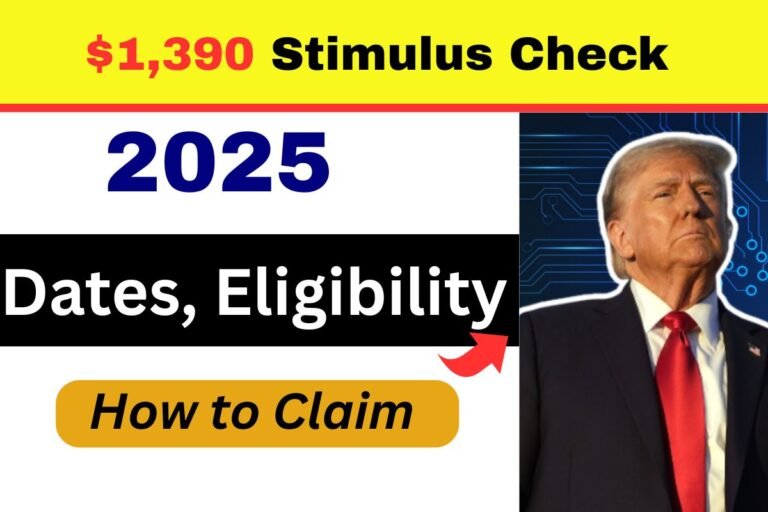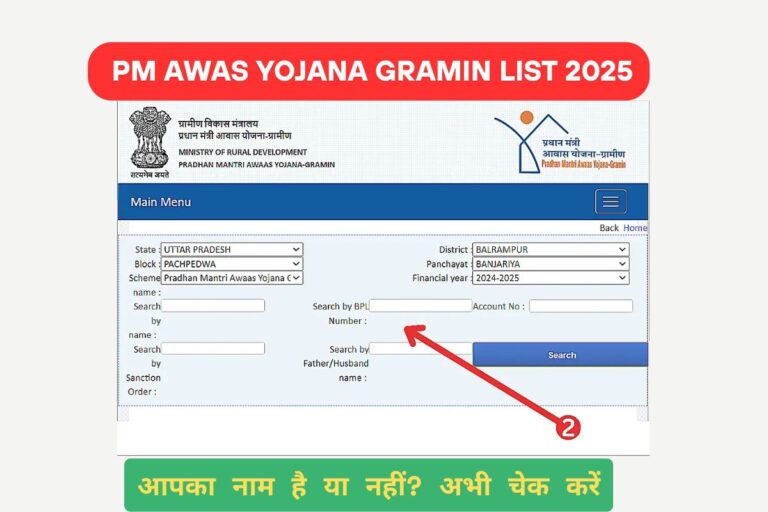US Driving License Rules for Seniors 2025 – Minor Changes for Drivers Aged 70 and Above
US Driving License Rules for Seniors 2025: Hello, If you’re a senior driver in the U.S. or have a loved one aged 70 or older, it’s important to know about the US Driving License Rules for Seniors 2025. These changes are not just minor updates; they reflect a larger shift in how the U.S. approaches road safety, identity verification, and driver health—especially for older adults.
US Driving License Rules For Seniors 2025
The US Driving License Rules for Seniors 2025 focus on increasing safety and security. Drivers aged 70 and above are now subject to new requirements that may include in-person renewals, mandatory vision tests, and more frequent check-ins.
These updates are being introduced gradually across different states, with many already implementing changes in 2025. Seniors who haven’t renewed their license recently might find the process quite different from what they remember.
Key Changes in 2025 (Overview Table)
| Change | Details |
|---|---|
| Digital Licenses | Available in several states via smartphone apps |
| REAL ID Compliance | Standardized federal documentation rules for all states |
| Vision Exams for Seniors | Mandatory for those aged 70+ in many states |
| In-Person Renewals | Required more frequently for seniors |
| Updated Documentation | Proof of ID, SSN, residency, and legal presence now required |
| Medical or Cognitive Checks | May be necessary based on state rules and applicant health |
| Paper vs. Digital ID Options | Digital ID becoming standard, with paper options available in most states |
Why Are These Changes Happening?
The U.S. is focusing on:
-
Road Safety: Seniors are statistically more prone to certain types of accidents. Regular vision and health checks help ensure they’re fit to drive.
-
Security & Identity Verification: Reducing fraud and enforcing compliance with the federal REAL ID Act.
-
Technology Modernization: States are shifting toward digital licenses for faster verification at airports, traffic stops, and government facilities.
What Seniors Need to Renew Their License in 2025
The rules for renewing a license if you’re over 70 may include:
-
An in-person visit to the DMV (even if online options are available to younger drivers).
-
A vision test or proof of an eye exam.
-
In some states, medical documentation or a basic cognitive exam.
-
Up-to-date documents proving your identity, Social Security number, residency, and legal presence.
Make sure your documents are current and correct before scheduling a DMV appointment.
Step-by-Step: How to Renew a License If You’re Over 70
-
Check Your State’s DMV Website – Every state is different. Look up specific renewal requirements.
-
Schedule an Appointment – Many DMVs are appointment-only in 2025.
-
Bring Required Documents – At a minimum:
-
Government-issued ID
-
Proof of Social Security Number (e.g., SSN card or W-2)
-
Proof of residency (utility bill, lease, or bank statement)
-
Legal presence documentation (passport, green card, or visa)
-
-
Complete a Vision Screening – Or provide a recent eye exam form.
-
Undergo Any Required Health Tests – Some states will ask for additional tests.
-
Pay Renewal Fee – This varies by state, typically between $20 and $50.
-
Choose Your License Type – Paper or digital (if available).
Understanding Digital Driver’s Licenses
Many states now offer or require digital driver’s licenses accessible through smartphone apps. While this is convenient for tech-savvy drivers, it can be a challenge for some seniors. Here’s what to expect:
-
Most states still offer physical licenses alongside digital versions.
-
Digital IDs are accepted only in select states and by participating agencies.
-
Seniors uncomfortable with smartphones should request a physical card.
Also Read:
- Social Security Garnishment Starts July 24 – Are You One of the Million at Risk?
- $3,000 IRS Refund in July 2025, Check Status, Eligibility, and Payout Dates
- New $1,390 Stimulus Check in 2025: Dates, Eligibility & How to Claim
Common Concerns for Seniors
1. What if I fail the vision test?
You may be referred to an eye specialist. If corrected vision meets standards, you can still renew your license.
2. Do I have to switch to a digital license?
No. You can request a traditional license in most states. Digital ID is optional (for now).
3. Will I lose my license at a certain age?
No, there is no national age limit. But you may need to renew more often and pass vision/medical checks.
4. Are medical exams mandatory for all seniors?
Not in every state. Check your state DMV’s policy. Some only require additional documentation if flagged by a healthcare provider or previous driving record.
Tips for Seniors Preparing for License Renewal
-
Start early. Don’t wait until the last minute. Renewal might take longer due to health screenings.
-
Bring extra documentation. If in doubt, bring more than required to avoid delays.
-
Practice using digital tools. Even if you prefer a physical card, it’s helpful to be familiar with online DMV services.
-
Ask for help. Family members or DMV staff can assist you through the process.
Final Thoughts: Adapting to the Changes
These changes may feel overwhelming at first, but they are meant to make driving safer and identity checks more secure. The US Driving License Rules for Seniors 2025 are not meant to take away your independence, but to ensure every driver remains capable and confident on the road.
If you’re prepared, proactive, and informed, these changes can be navigated smoothly. Be sure to check with your local DMV for the latest updates, as policies can vary slightly by state.
FAQs
Q: What’s the minimum vision standard for seniors?
A: Typically, 20/40 vision in one or both eyes, with or without corrective lenses.
Q: Do I need to retake a driving test?
A: Not usually, unless flagged for unsafe driving or medical issues.
Q: Can I still drive if I don’t have a smartphone for digital ID?
A: Yes, request a physical license when renewing.
Q: Will the new rules affect all states the same way?
A: No. Each state adopts changes at its own pace, but most are aligning with federal standards.






